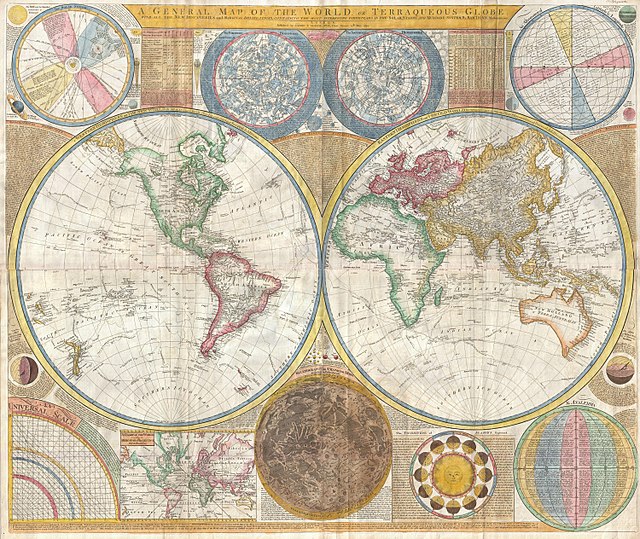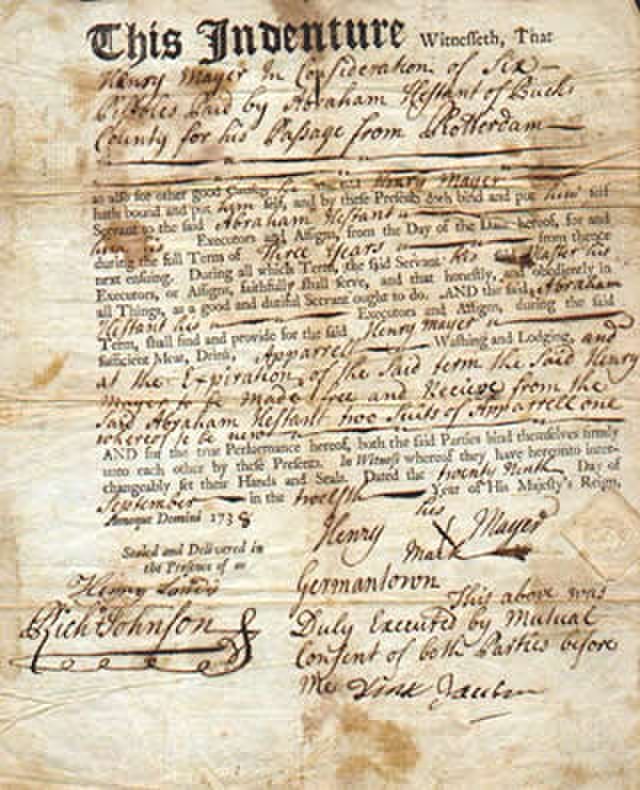The Division at Babel and the Birth of Nations
Genesis 11 recounts the story of the Tower of Babel, where a unified humanity sought to assert their autonomy from God. This rebellion resulted in God scattering the people across the earth, confounding their languages, and giving birth to diverse nations.
The Divine Council and the Gentiles
In Deuteronomy 32:8-9, the Bible suggests that God assigned these newly formed nations to lesser divine beings, known as the “sons of God.” This marked a form of divine divorce, as God distanced Himself from these nations that would eventually become known as the Gentiles. These lesser beings were to temporarily be their gods and help bring them back to the true God. However, these beings had free will just like humans and rebelled to hold onto their positions. This is why we see the gods of the nations in the Bible who entice the nation of Israel away from worshipping the true God
The Formation of Israel
Despite this division, God initiated a new plan for humanity. In Genesis 12, God called Abraham and set in motion a plan to establish a new nation—Israel. This nation was to be in a special covenant relationship with God, standing distinct from the Gentile nations. However, the creation of Israel was a step towards bringing the Gentile nations back to God, as Israel was meant to be a nation of priests.
Judgment in the Divine Council
Psalm 82 provides a dramatic picture of a divine council, where God judges the “sons of God” who were given the responsibility to govern the nations. They are reprimanded for their failure to uphold justice, leading to a stern verdict from God: “You will die like mortals; you will fall like every other ruler.”
The Ascension of Christ and the Transformation of Authority
The narratives in the Old Testament gain added significance when interpreted in light of Christ’s ascension. As described in Acts 1:9-11, Christ ascends to heaven after His victory over sin and death, signifying a substantial shift in divine governance. The divine beings lose their authority over the Gentile nations, and Christ assumes their role as the righteous ruler of all nations.
Christ’s Supreme Authority
Passages like Ephesians 1:20-21 and Philippians 2:9-11 reinforce Christ’s supreme authority over all rule, power, dominion, and every name invoked. Following His ascension, Christ becomes the supreme authority over both Israel and the Gentiles, symbolizing the enactment of the judgment pronounced in Psalm 82.
Conclusion
The narratives of the divine council, the episode at Babel, the establishment of Israel, and the ascension of Christ present a coherent storyline within the Bible. They illustrate God’s relationship with all nations, the consequences of failing divine governance, and the transformative role of Christ in restoring divine order. These narratives underline God’s enduring commitment to humanity and His plan for redemption through Christ.
Discussion Questions:
- How does the episode of Babel, and God’s response to it through the formation of Israel, shape our understanding of God’s relationship with nations, both Israel and the Gentiles?
- In what ways does the divine council narrative in Psalm 82 and the judgment of the divine beings reflect God’s stance on justice and righteous governance?
- Given Christ’s ascension and His assumption of authority over all nations, how should Christians perceive their role and responsibilities in the global Christian community and towards nations in general?
Want to Know More?
- The Unseen Realm: Recovering the Supernatural Worldview of the Bible” by Michael S. Heiser. This book explores the concept of the divine council, the role of divine beings, and the narratives of the Tower of Babel and the Ascension of Christ.
- “Sinai and Zion: An Entry into the Jewish Bible” by Jon D. Levenson. Although this book focuses on Jewish interpretations, it provides valuable insights into the formation of Israel and the understanding of divine governance.
- “Jesus and the Victory of God” by N.T. Wright. This book deeply explores the role of Jesus Christ, his ascension, and the transformation of authority, providing a comprehensive understanding of Christian beliefs.




